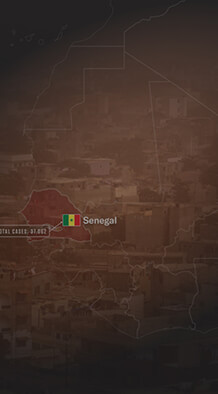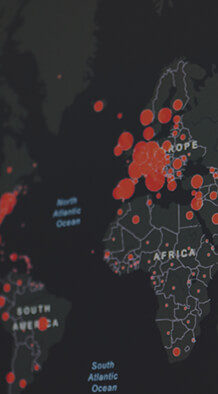These epidemics have impacted large numbers of people, caused many deaths and spread in multiple countries. But just as important are the ones you never heard about. Between 1980 and 2013, there were more than 12,000 outbreaks1 of human infectious diseases in 219 countries.2 As the examples in this report demonstrate, many of these were successfully controlled—some before they even became news. These are the Epidemics That Didn’t Happen.
And yet, when COVID-19 hit, the world was not ready. COVID-19 revealed gaps in how we think about and measure epidemic preparedness. Some countries struggled despite having stronger preparedness systems by traditional metrics, while others with weaker systems managed strong responses. Key factors not captured in traditional metrics of epidemic preparedness—strong and timely policies, good communication and quality of governance—were decisive.
In moments of public health crisis, communicating clearly and effectively, while working collaboratively with partners and communities, can make an incredible impact on the response.
Overall, countries that have been most successful in controlling COVID-19 were both better prepared and had strong governance during their pandemic response. Both are needed to save lives.
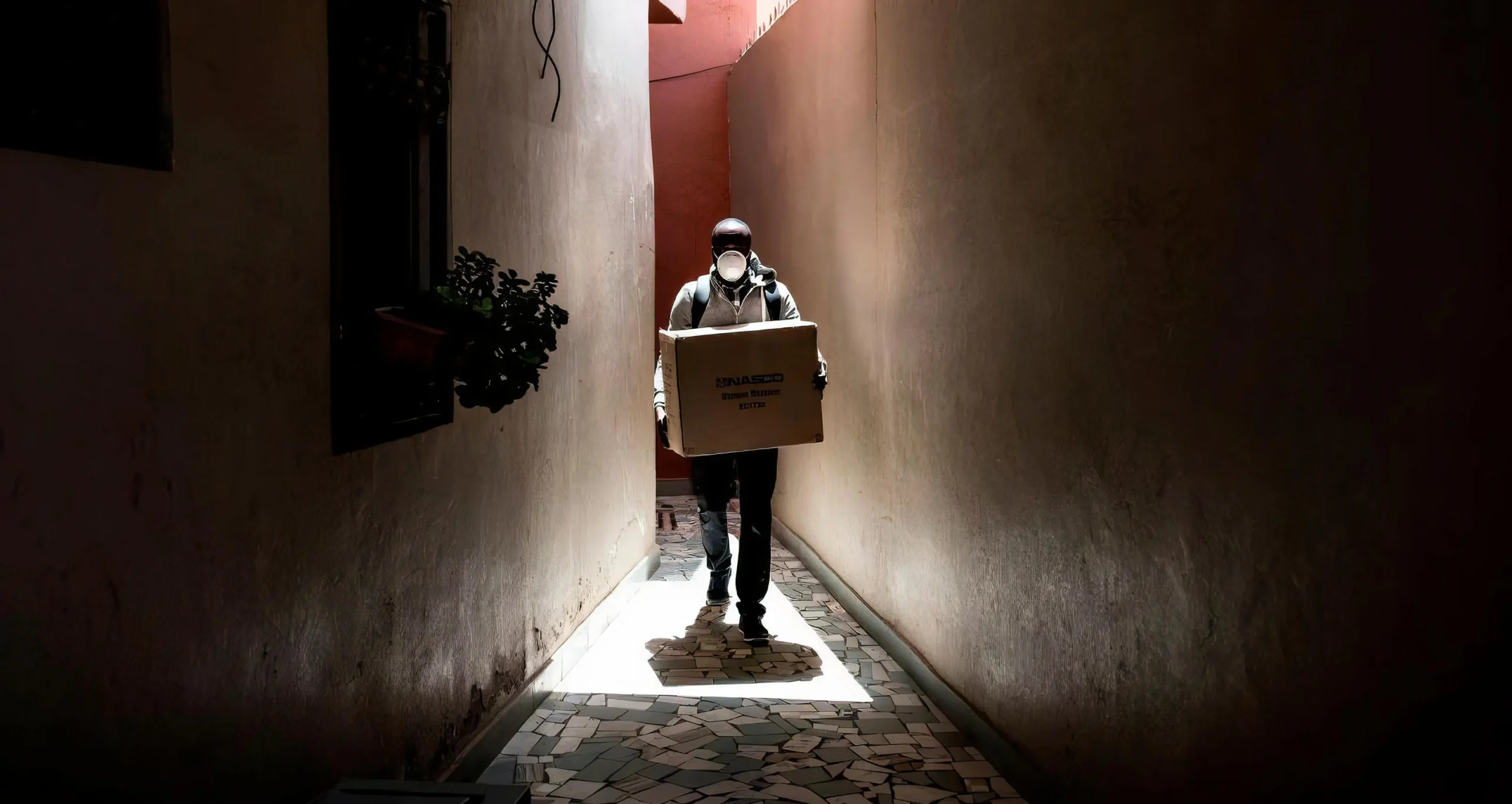
A public health crisis, on top of the lives lost, can cost billions and devastate economies when countries are unprepared. Estimates of the economic impact of the COVID-19 pandemic reach up to more than $33 trillion. Dramatically increasing investments in preparedness won’t be cheap—one recent estimate suggested that it could cost from $20 to $40 billion annually. But this would be cost-effective even if these investments don’t fully stop future epidemics.3

Preventing epidemics requires a commitment from all of society, from governments to fund public health, from politicians to support public health, and from the public to be involved.
Dr. Tom Frieden, President and CEO of Resolve To Save Lives
It has also become clear that the focus cannot solely be on low- and middle-income countries. After all, competent leadership in many low- and middle-income countries, particularly in Africa and Asia, has kept COVID-19 under far better control than in most of the world. The most striking failures in addressing COVID-19 have come from high-income countries such as the United States and some European countries.
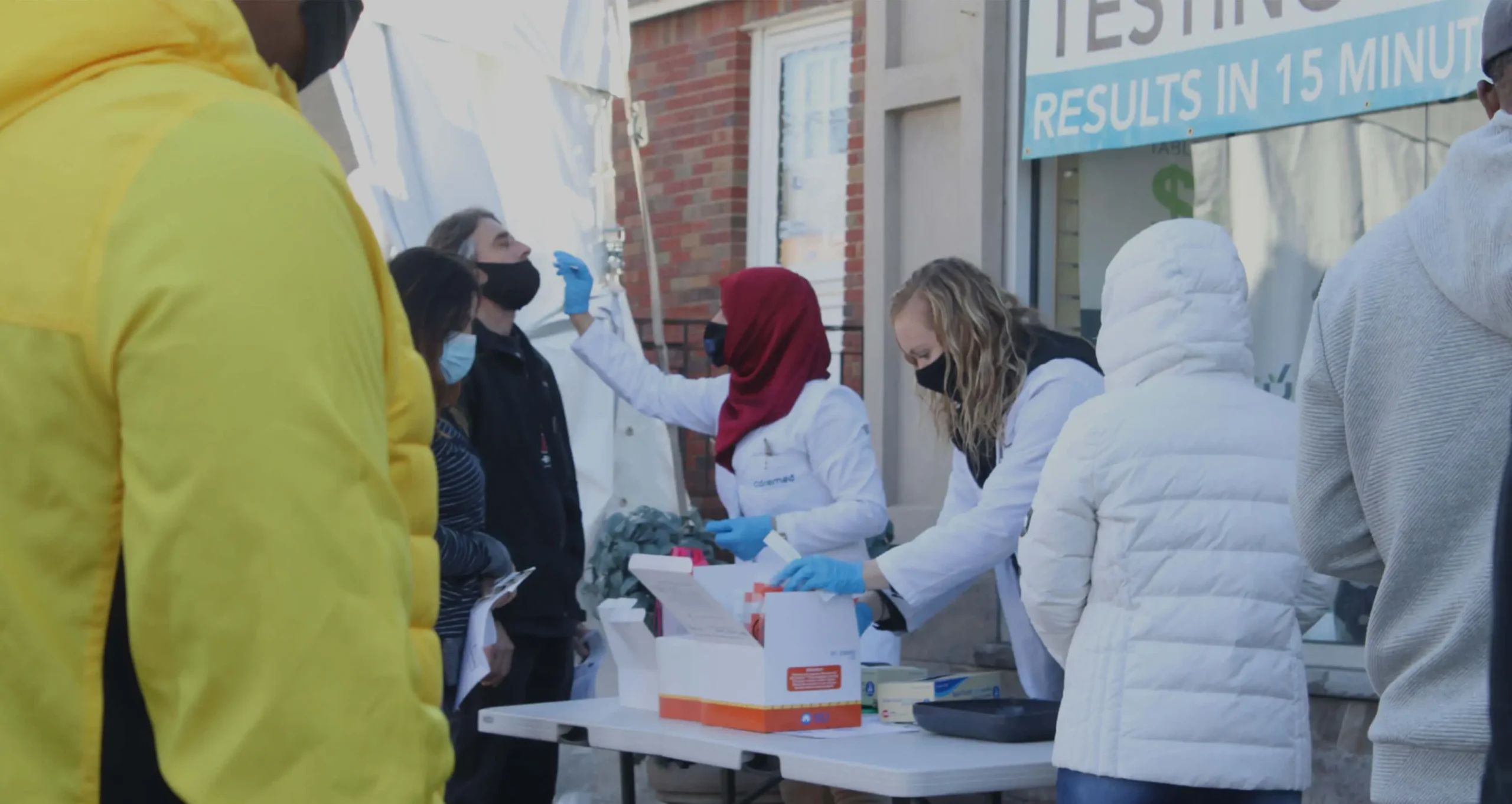
- Increase prioritization of and sustained investment in countries’ ability to prepare AND respond;
- Recognize and emulate strong examples set by countries around the world; and
- Prioritize timeliness of early warning and response systems.
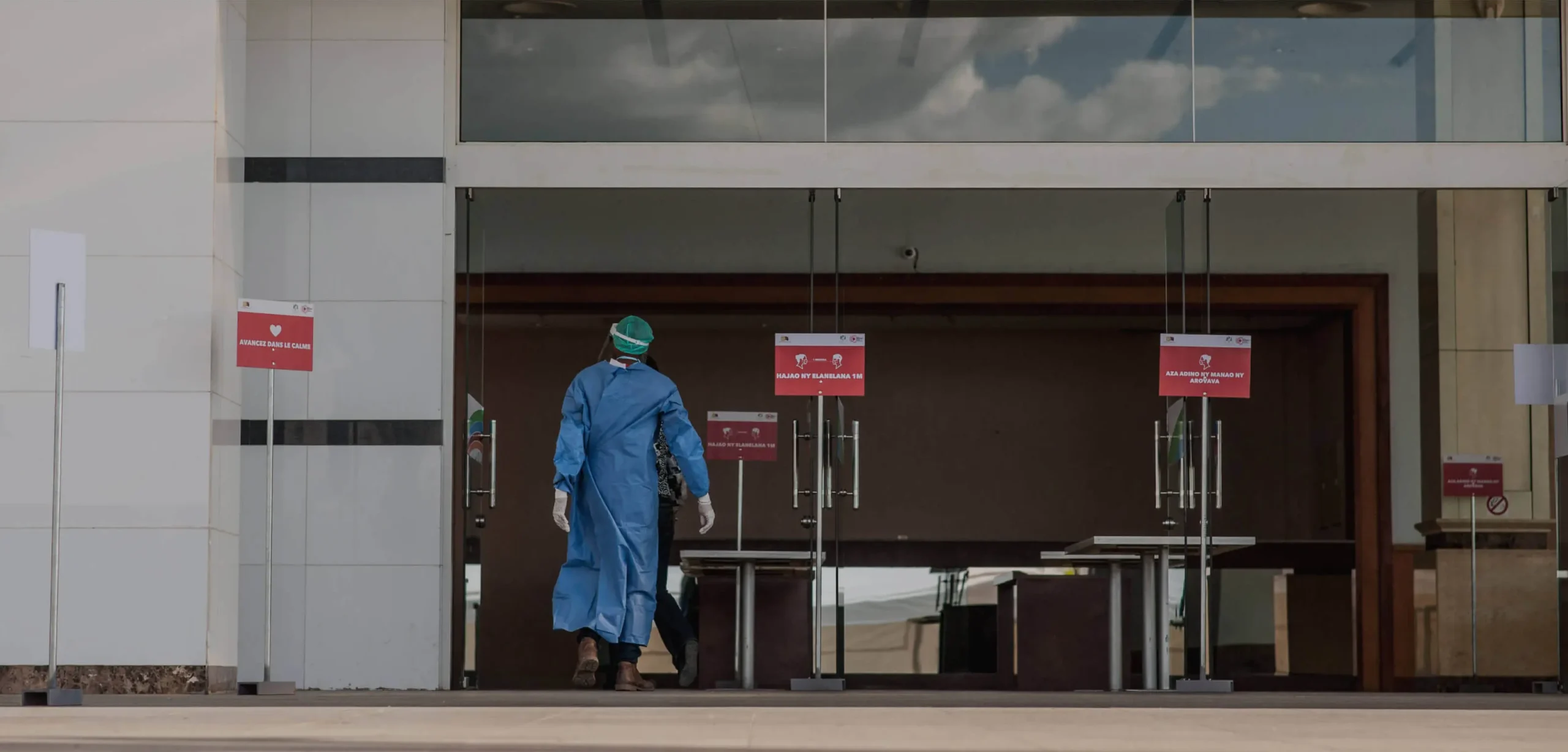
The case studies were developed with support from health ministries and global health organizations including: Pan American Health Organization, Infectious Diseases Institute, Kenya Red Cross, International Federation of Red Cross and Red Crescent Societies, Akwa Ibom State Ministry of Health, Nigeria Centre for Disease Control and Africa Centres for Disease Control and Prevention.
References
- The World Bank. (2017, May 23). From Panic and Neglect to Investing in Health Security: Financing Pandemic Preparedness at a National Level. https://www.worldbank.org/en/news/infographic/2017/05/23/from-panic-neglect-to-investing-in-health-security-financing-pandemic-preparedness-at-a-national-level
- Smith, K. F., Goldberg, M., Rosenthal, S., Carlson, L., Chen, J., Chen, C. & Ramachandran, S. (2014). Global Rise in Human Infectious Disease Outbreaks. Journal of Royal Society Interface. https://doi.org/10.1098/rsif.2014.0950
- Craven, M., Sabow, A., Veken, L. & Wilson, M. (2020, December 4). Not the last pandemic: Investing now to reimagine public-health systems. McKinsey & Company. https://www.mckinsey.com/industries/public-and-social-sector/our-insights/not-the-last-pandemic-investing-now-to-reimagine-public-health-systems#






